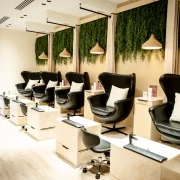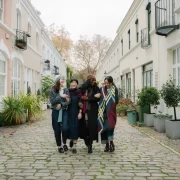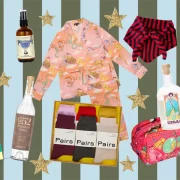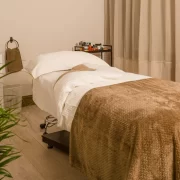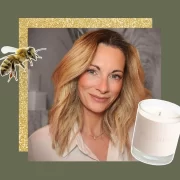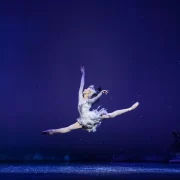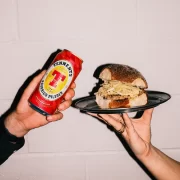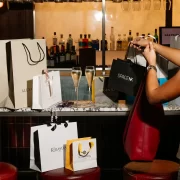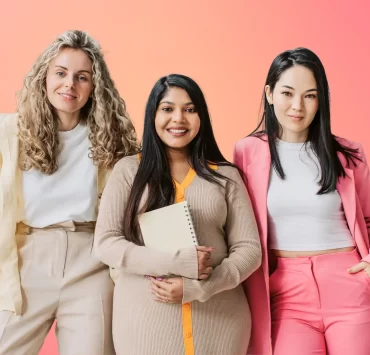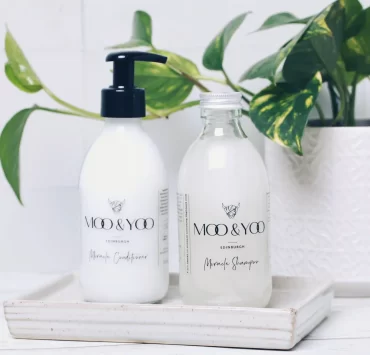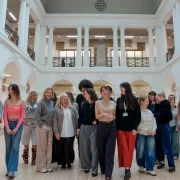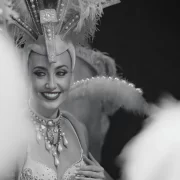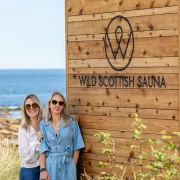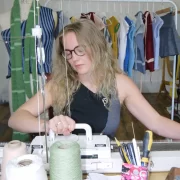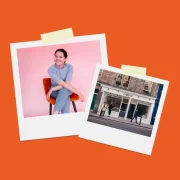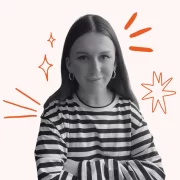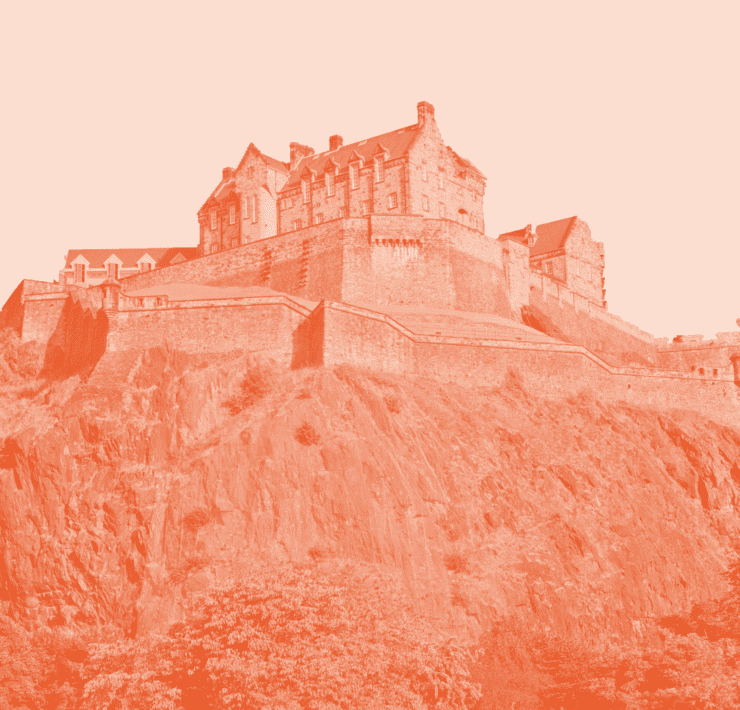World Whisky Day 2024: Annabel Thomas, founder and CEO of Nc’nean, shares why being an outsider in the industry has helped her organic business to grow
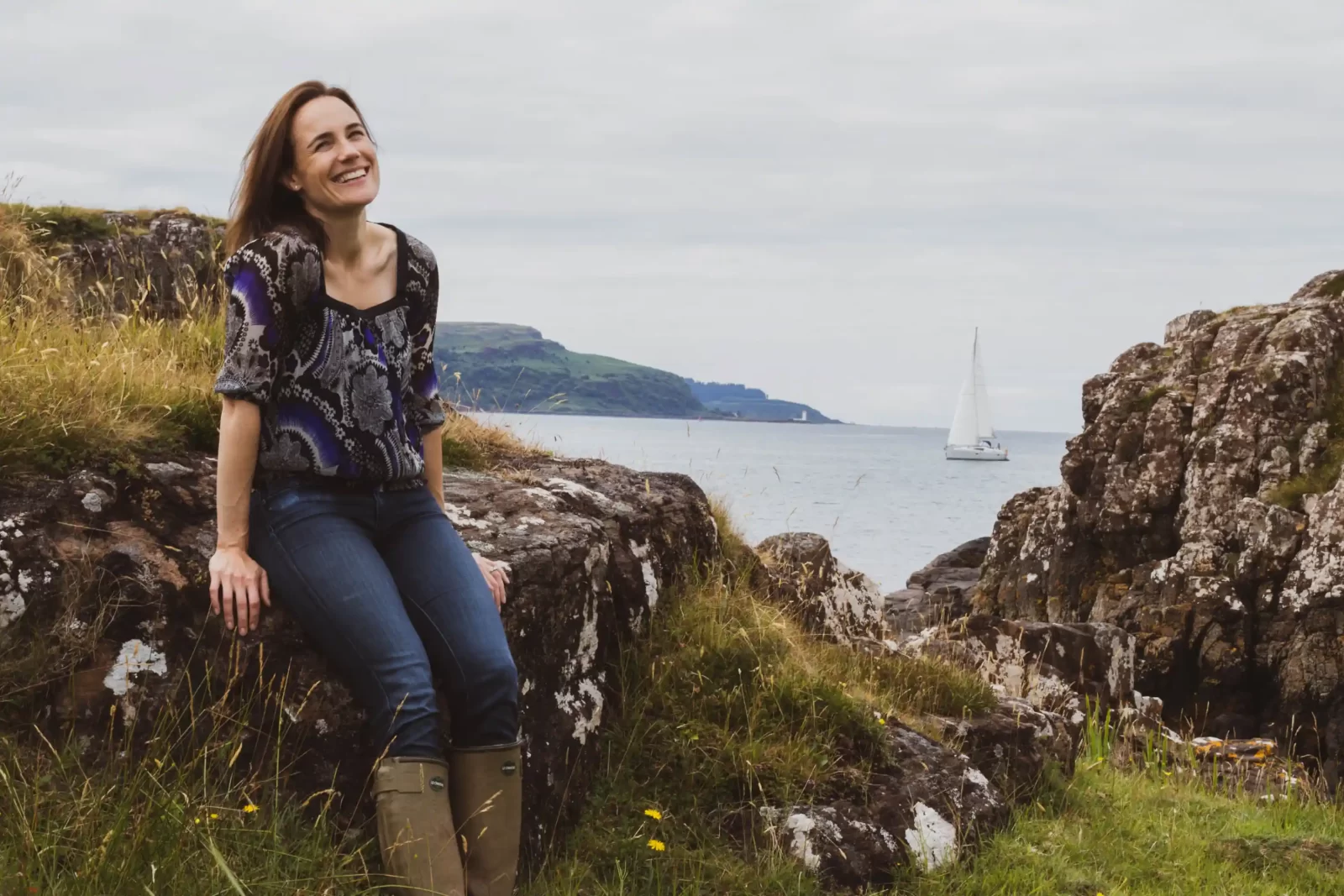
Over the past 10 years, Alice Hinds has written for…
As Scotland’s only fully organic whisky distillery, the team behind Nc’nean live by a simple yet powerful motto – “made by nature not by rules”.
Founded by ambitious entrepreneur Annabel Thomas, who had no experience of working in the whisky industry before starting the passion project on her family’s West Coast farm in 2013, the pioneering distillery is B Corp certified, uses 100% renewable energy, and diverts 99.97% of its waste away from landfill.
Put simply, sustainability is at the heart of everything Annabel and her growing team of “quiet rebels” do every day – something she believes helps them stand out from the crowd.
Here, Annabel tells Quine how she took an Innocent idea and turned it into Scotland’s most sustainable distillery.
You studied history at university and then pursued a career working in management consultancy – how did that lead you to founding Nc’nean?
After university, I went to work as a strategy consultant at a company called Bain & Co – quite a corporate-y kind of job working for lots of generally really, really big companies. While there, I spent a year working with Innocent, the smoothie company, which was a real contrast. Bain’s other clients were all massive, FTSE 100 type companies, and for them, everything was about the share price, ultimately. Innocent had a completely different take on things.
I had thought, ‘Well, companies make profit and charities do good’ but at Innocent they had an attitude that is now very common but really wasn’t back then – they were purpose led, and wanted to do good for the world, while also building a great business, too.
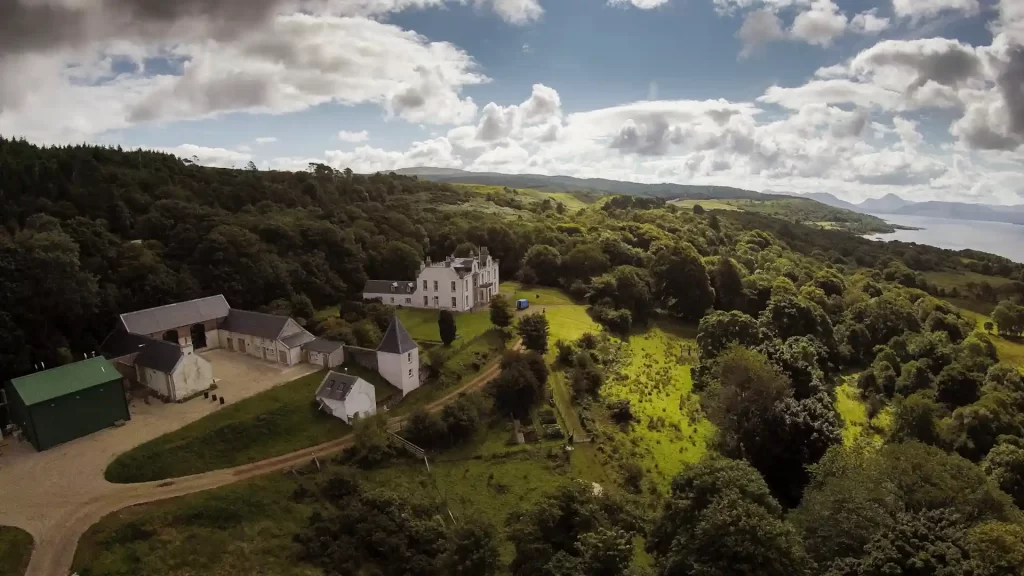
My family has a farm on the west coast of Scotland, which is incredibly beautiful, and my dad had this idea of putting a whisky distillery in some old buildings. They were very traditional U-shaped stone steadings, which are not that useful for modern day farming because you can’t get machines through the tiny door. We’re also right opposite Tobermory distillery, and you can’t really be on the West Coast and not think about whisky!
I felt like I was coming to the end of my time at Bain, so I took a sabbatical, and said to my family, ‘Well look, I’ve got some time off, why don’t I just see if I can write a business plan for this distillery because we keep talking about it and not doing anything about it?’. And that’s just what I did.
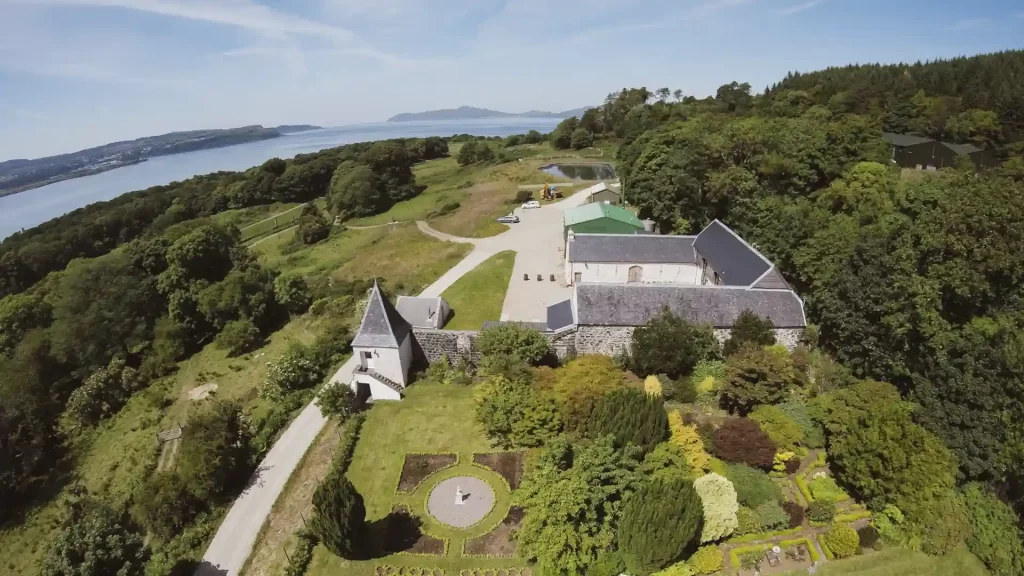
Have you always been interested in whisky?
I only really got into whisky in all senses of the word when I started doing research. I started liking whisky – which was really important – and I also did some distillery tours. I really went in with a total outsider’s perspective because I hadn’t visited any distilleries before, and I didn’t really know any of the brands.
I started to feel like they were all saying the same thing – that they distilled in the way things have always been done, and no one mentioned any of the values that I had so appreciated, and that I’d seen be so successful at places like Innocent.
I thought to myself, ‘How are we really still doing things the way they were 100 years ago? I mean, surely there must be some new ideas that we can bring to the table!’.
That was the genesis of what would become Nc’nean (pronounced Nc-nee-an), a feeling of Scotland needing a modern distillery that is looking forward and focusing on sustainability in order to help bring the industry forward, help attract new consumers, help give a different dimension, and provide a counterpoint to the ‘we’re doing things the way they’ve always been done’.
Traditional Scotch is amazing, but it can’t only be that.
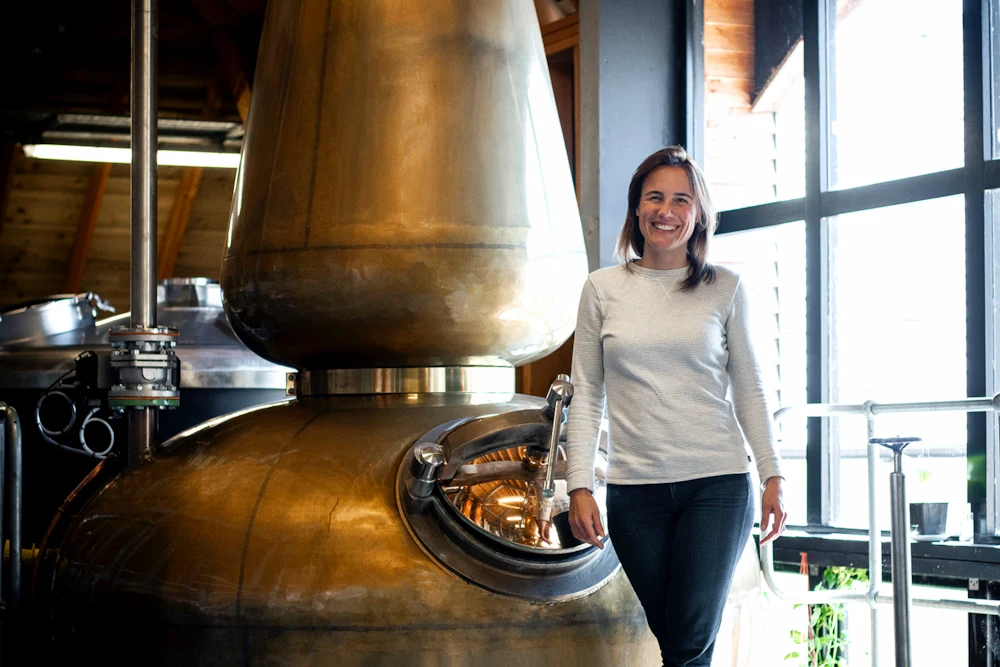
Was it daunting to start a new adventure completely outside of your comfort zone? Or was it exciting?
I would describe it as a combination. I was really passionate about the idea, and I really felt it needed to be done – but I was also incredibly naive about what it would take! You often don’t really know what you’re letting yourself in for when you start a business.
You’ve accomplished a lot of firsts within the industry, including becoming the first whisky producer to meet net zero for Scope 1 and Scope 2 emissions, and using fully recycled glass bottles. Do you think being an outsider has given you a unique perspective?
I have felt at times, like ‘Oh, god they’re doing that maybe we should be doing that’ but then I’ve caught myself and remembered just because someone else is doing something doesn’t mean we need to do it, too. We should do what we think is right.
If you’ve grown up in the industry, it can be quite hard to break away from the set way of doing things, so I think being an outsider has been an absolute advantage. And it’s not just me that hasn’t worked in the industry before – our team, on average, has significantly less experience in the whisky industry than most other companies, however, we have other experience and that brings a diversity of perspective.
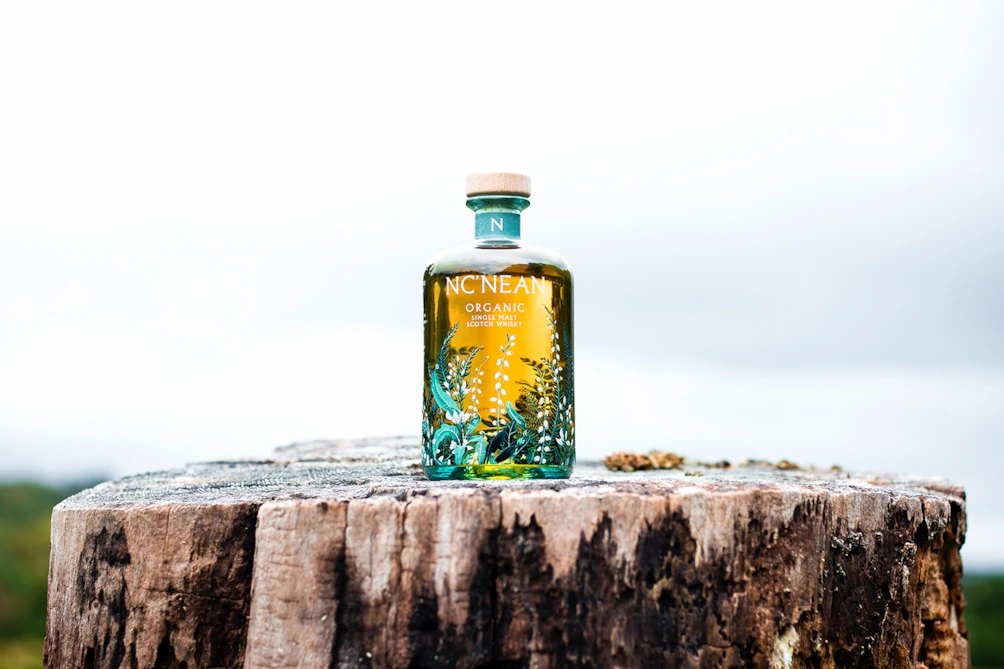
In the 10 years since you first started raising funding for Nc’nean, sustainability has become a much bigger focus for many businesses. Was it hard to convince people of the importance of being eco-friendly?
When we were raising money in 2013-14, we were putting proposals in front of investors for our biomass boiler, for example, and lots of them said it didn’t make economic sense so we shouldn’t do it. You would never have that conversation now! Everyone’s got green investment funds now, which didn’t even exist 10 years ago.
The world has actually moved quite quickly in that sense – for sustainability to go from being quite a niche hippie idea to something that’s totally mainstream in the course of a decade is quite incredible.
What have been some of your biggest challenges?
With being organic, the challenge is cost. The barley is much more expensive and that’s a particularly acute problem when you’re starting a distillery and you’ve shelled out nearly five million pounds to build it!
The biomass boiler was difficult both in terms of the upfront investment – that was half million pounds – and also technically because it’s a much more complicated piece of technology. We had to buy a wood chipper to feed it, so three of our distillers are trained to use that, and have to find time to watch it in amongst their production schedule.
What do you love about the whisky industry?
The whisky industry is very small and very wonderful and friendly, and people tend to spend a long time in it. Partly, actually, as a result of being so wonderful and friendly, no one ever wants to leave!
For more information, visit ncnean.com.

